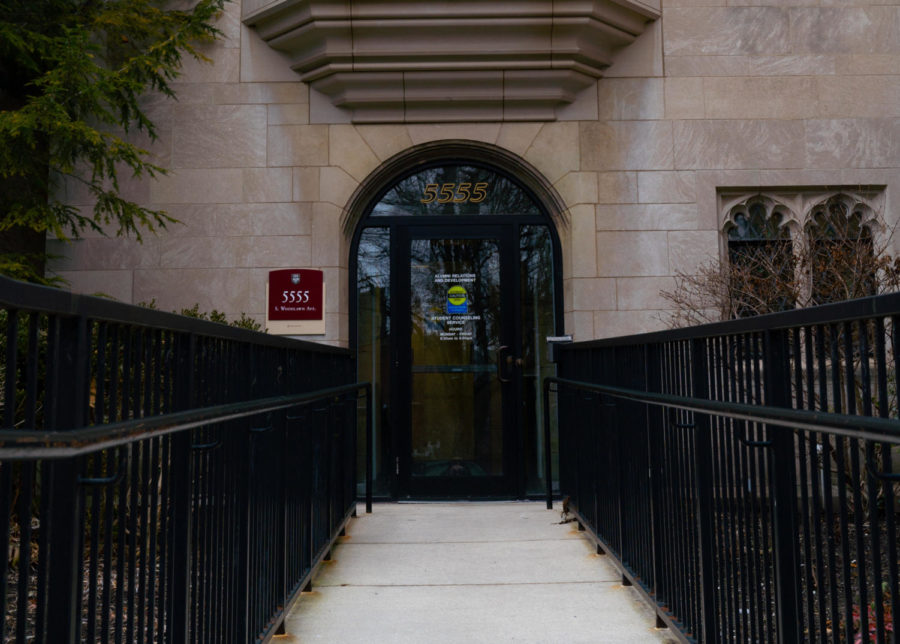Undergraduate Student Government (USG) recently announced the creation of the Mental Health Fund, which seeks to support “student-led projects aimed at improving students’ mental health and wellbeing on campus.”
Campus and Student Life supported the Mental Health Fund by providing $10,000 for its initial funding cycle. The fund was open to project proposals from any current UChicago student (including undergraduate, graduate, and professional students) until May 1.
Fourth-year board of trustees liaison David Liang proposed the idea to the Health and Wellness Committee. Second-year and vice president of campus and student life Connor Lee, who was recently elected College Council Chair, collaborated with the committee to put the plan into motion. Lee mentioned that the creation of this fund was modeled after both MIT’s Student Mental Health Fund and UChicago’s existing Green Fund, which both support student-led sustainability projects.
Lee has mentioned how both he and the committee have taken a lot of advice on how to properly implement this project. “Campus and Student life has committed that amount of funding to this and that really just shows that this is something that administrators are in support of. This is something that students can get behind.”
Third-year Health and Wellness Committee co-chair Suah Oh, was informed at the beginning of autumn quarter that the Mental Health Fund would be a major project this year, and she was excited to help build it. Oh has worked to hammer out the details of how proposals should be evaluated and how the fund should function.
Liang, Oh, Lee, and Health and Wellness Committee cochair Ella Bradford met with Michele Rasmussen in December 2021. In January 2022, they met with head of UChicago Green Fund Terra Baer to formulate initial ideas for the Mental Health Fund and its structure.
“I think the biggest challenge in that process was learning how to frame mental health impact. With something like sustainability, you’re able to measure the actual impact that you're making, whether that’s measured in terms of the amount of waste saved or the amount of carbon emissions…whereas for us, mental health is a lot more subjective,” Oh said.
Oh mentioned that committee members researched different ways to quantitatively measure the impact of future projects. Based on their research of quantitative mental health measurements, like the ECHO Survey, the committee found that using surveys and questionnaires would be the most effective way to measure the benefits of project proposals.
Each proposal will be assessed by a group of undergraduates, graduate students, faculty, staff, and mental health experts to ensure that the project has a clear plan not only to impact UChicago students positively but also to evaluate that impact qualitatively and quantitatively. According to Oh, the selection committee is made up of two groups: a scoring group that measures certain criteria, such as how plausible a project is, and a decision group that makes the final decision on project funding.
“[T]here’s been concerns like ‘Is the administration supporting us enough? Is the school supporting us enough when it comes to mental health?’ I think this Mental Health Fund really shows that student government and administrators are working together to promote mental health on campus. [I]t's really important that we take advantage of this opportunity and that students contribute to this opportunity,” Lee said.
Lee and Oh encourage those interested in proposing a project for the Mental Health Fund to visit Campus and Student Life’s website for more information on submitting an application for future cycles.









